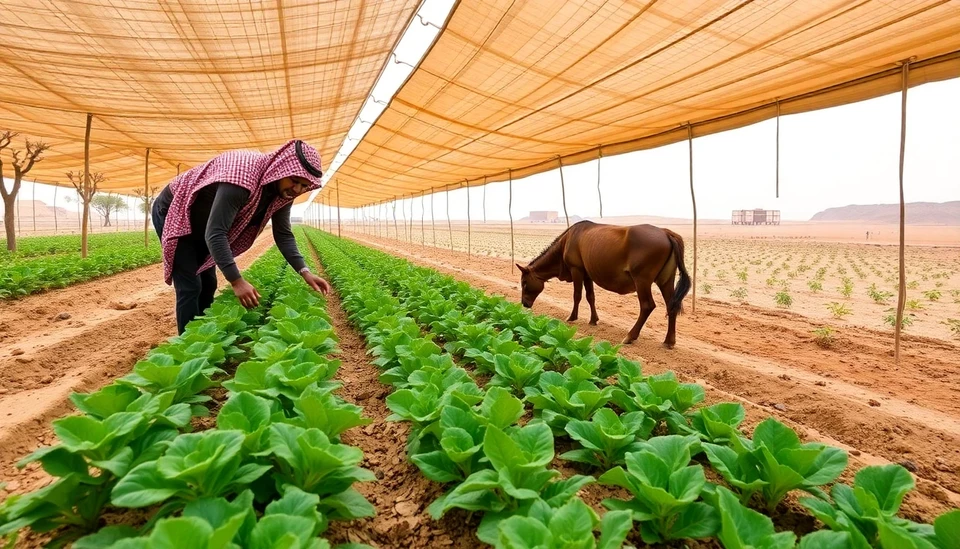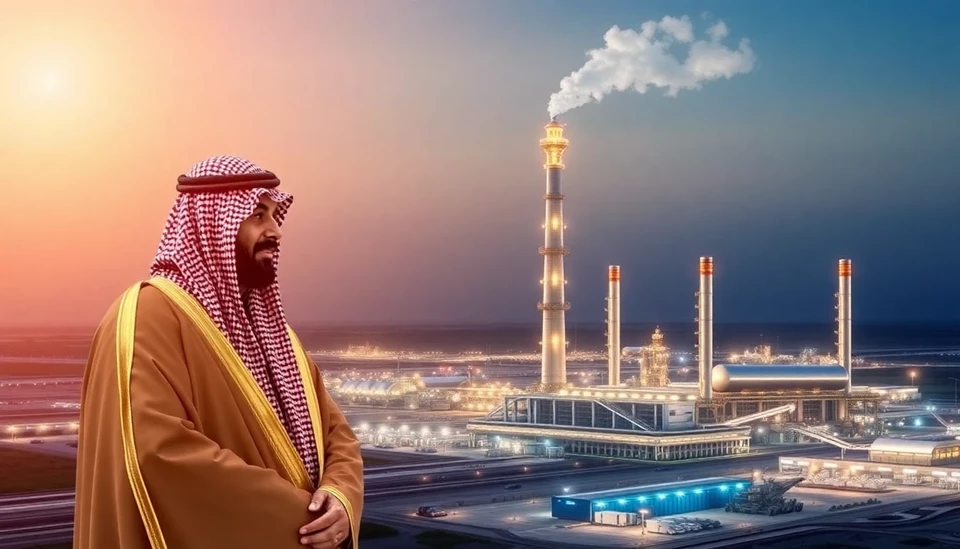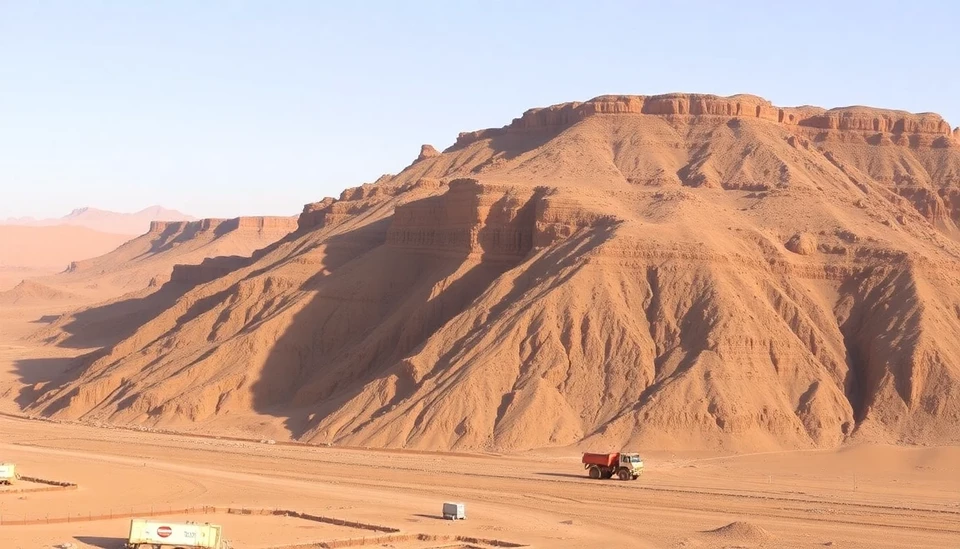
In an ambitious move to redefine its agricultural landscape, Saudi Arabia is making substantial strides in farming within the unforgiving stretches of its desert terrain. The kingdom has embarked on a journey to enhance food security and reduce its reliance on imports, all while navigating the challenges posed by arid conditions and scarce water resources.
As part of a broader vision to diversify its economy away from oil dependency, Saudi initiatives are focusing on advanced agricultural techniques, particularly in the fields of hydroponics and other soil-less farming methods. This reflects the country's urgency to cultivate its agricultural capabilities in response to the increasing global demand for food and the pressing need to establish sustainable practices in food production.
Current projects emphasize leveraging cutting-edge technologies, such as artificial intelligence and drones. These technologies play a crucial role in optimizing crop yields, managing water resources efficiently, and ensuring that agricultural practices are sustainable in the face of climate variability. With limited rainfall and escalating temperatures, traditional farming approaches pose significant challenges, rendering innovative solutions imperative.
The Crown Prince's ambitious *Vision 2030* plan underpins these agricultural initiatives, aiming not only to boost domestic food production but also to position Saudi Arabia as a leader in agricultural technology within the region. Investments are pouring into the agricultural sector, with significant funding directed at research and development to promote sustainable farming practices.
While progress has been made, the undertaking is intricate and multi-faceted. Local farmers are encouraged to adapt to these modern methods, yet there remains a learning curve. The government is actively providing training and resources to empower the agricultural workforce, enabling farmers to embrace new technologies effectively.
Moreover, there is a growing interest in vertical farming, designed to conserve space and maximize productivity. These innovative structures are increasingly becoming part of the agricultural landscape, symbolizing a shift towards urban farming practices. By utilizing these advanced systems, Saudi Arabia hopes to enhance local food production and reduce its carbon footprint simultaneously.
The challenges are formidable, but the kingdom's commitment to overcoming them is palpable. As Saudi Arabia forges ahead with its futuristic farming agenda, it sets a precedent for how nations can adapt their agricultural practices to thrive in even the harshest environments. The global community watches closely, eager to see whether these bold strategies will yield the desired results.
In conclusion, Saudi Arabia’s endeavor to cultivate the desert is more than just an agricultural challenge; it is a testament to human innovation and resilience. By investing heavily in technology and embracing new farming methodologies, the nation is not only confronting its immediate food security issues but also contributing to the broader dialogue on sustainable agriculture in the face of climate change.
#SaudiArabia #Farming #Agriculture #SustainablePractices #Hydroponics #Vision2030 #FoodSecurity #Innovation #DesertFarming #AgriculturalTechnology
Author: Rachel Greene




